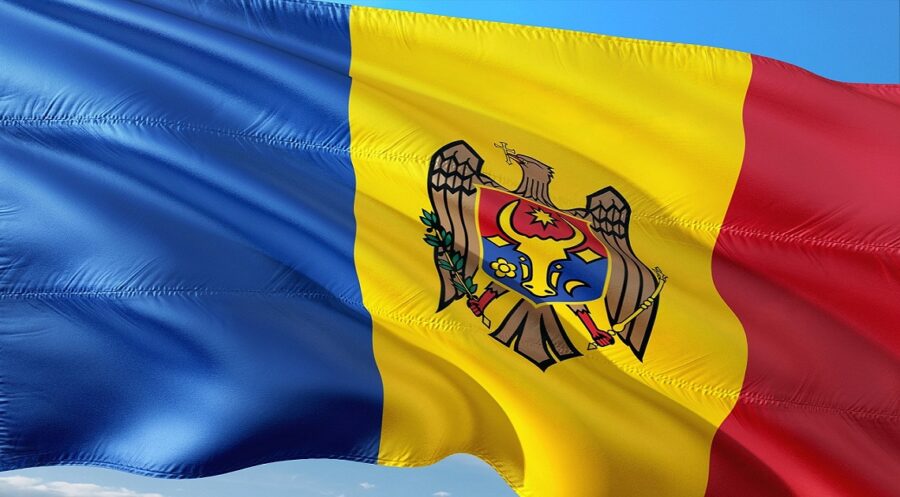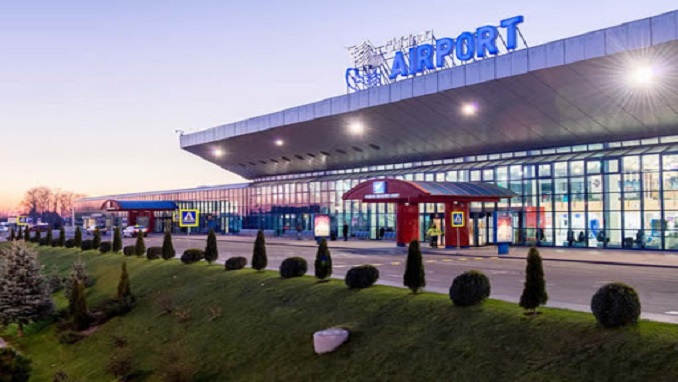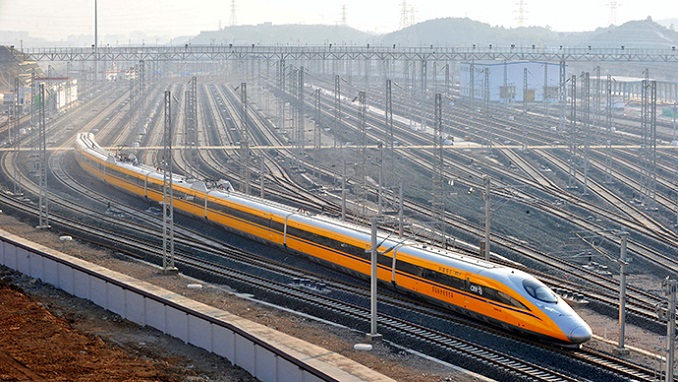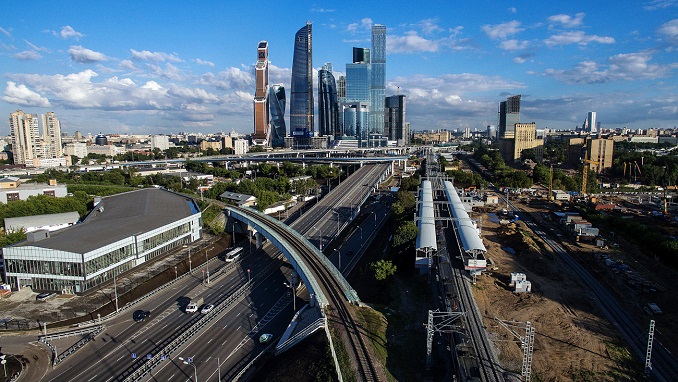A collaborative project sponsored by the United Nations Partnership on the Rights of People with Disabilities (UNPRPD) and led by the WHO has been started in Chisinau to encourage the development of a disability-inclusive response to the refugee crisis in the Republic of Moldova.
Under the slogan “Mainstreaming a disability-inclusive humanitarian response to the Ukrainian refugee crisis,” it seeks to bring up and resolve significant issues. The ongoing conflict in Ukraine has displaced millions of citizens, disproportionately those with disabilities, from their homes and into nearby nations like the Republic of Moldova.
According to estimates, 13% of all households that had departed Ukraine by July 2022 had at least one person with a medical or mental illness. According to the United Nations High Commissioner for Refugees (UNHCR), over 780 000 Ukrainians have crossed into the Republic of Moldova since February 24, 2022, and more are coming every day.
Almost 107 000 Ukrainian migrants are still present in the Republic of Moldova as of this month, March 2023, which acts as both a transit and final destination.
Many of these people are anticipated to remain in their host country for the foreseeable future as hostilities are still ongoing and entire Ukrainian cities have been severely damaged or destroyed.
The project Intends to assist regional and local service providers in better integrating disabled Ukrainian refugees.
Encouraging diversity
Project partners from WHO/Europe, other United Nations organizations, and representatives of organizations for people with disabilities gathered in Chisinau for a workshop where they shared knowledge and discussed inclusion-related topics.
They included the dearth of sign language interpreters in shelters and refugee centers, which prevents those with hearing loss or deafness from entering these locations.
Although coping with complicated experiences, Ukrainian youngsters who have autism spectrum disorder and other psychosocial difficulties continue to learn online.
The UNPRPD project strives to increase their access to communities, chances for education, and work. Additional objectives include enhancing the legal framework, boosting access to social protection for children and adults with disabilities, removing stigma and prejudice, and improving services for refugee women and girls dealing with sexual and gender-based abuse.
Authorities and humanitarian organizations in the Republic of Moldova have shown leadership in addressing the needs of refugees from the conflict in Ukraine. Simplified entry procedures, information hotlines, financial aid, and temporary housing are just a few of the initiatives that representatives from the Ministry of Labour and Social Protection, the Disability Taskforce (under the UNHCR-led intersectoral working group), and the Bureau for Migration and Asylum have introduced to help this population group.
Individual requests from people with impairments are considered because many of them require help getting elsewhere. A client with extensive medical needs who could only be transported horizontally recently had specialist transportation to Poland arranged for them.



